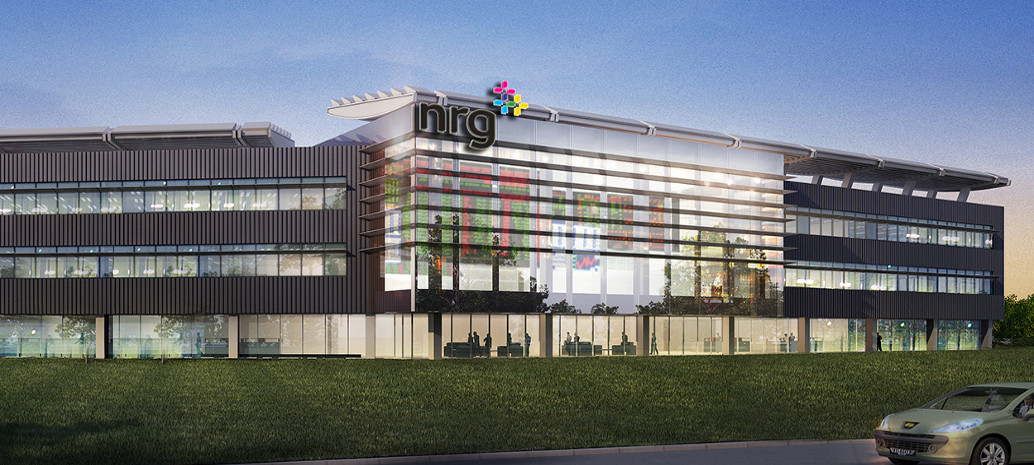As one of the largest independent power producers, NRG exemplifies the challenges that the U.S. power sector is facing. With large fleets and investment activities in both conventional and renewable resources, NRG has been bleeding red ink as power prices crash and energy markets struggle with an influx of both cheap gas and renewables, while working under market rules from a very different era.
And as a response to these struggles, NRG has approved a plan to transform its business, along the way selling off 50-100% of its both its renewable energy business and NRG Yield. The yieldco owns 2.8 GW of assets, most of which are wind and solar.
This is yet another sharp change in approach on renewable energy from one of the first large power companies to make major investments in wind and solar, under visionary former CEO David Crane. Following Crane’s departure, the company hobbled its residential solar division and restructured its renewable energy activities.
Since that time NRG, like other owners of electricity generation, has struggled under market conditions which include collapsed wholesale power prices. This can be seen in the company’s Q1 results, which showed a $203 million loss. “The transformation of our business is necessary,” noted CEO Mauricio Gutierrez, who has in the past described the independent power producer (IPP) model as “obsolete” and “unable to create value”.
As a result of these struggles NRG engaged in a strategic review, the result of which will be simplifying the business and shedding assets, with an aim to reduce $13 billion in debt. This includes the sale of 6 GW of conventional assets, as well as the “monetization” of 50-100% of NRG’s interest in its Renewables and NRG Yield divisions, which Gutierrez says will allow it to “deconsolidate and simplify NRG structure while maintaining the ability to provide comprehensive energy solutions.”
Popular content
There is an irony to this move, in that while Renewables lost money during the first quarter, the division showed far smaller losses than the larger company, and that NRG made a highly profitable investment in SunEdison wind and solar assets in 2016.
It appears that NRG Yield will to some degree be a casualty of NRG’s desire to shed its Renewables business. NRG CEO Gutierrez noted that the sale of most or all of its share in NRG Yield “will significantly reduce the complexity associated with the required consolidation of the higher leveraged renewables business.”
NRG has emphasized that it will still remain a “strong” sponsor to NRG Yield, and would not elaborate on which assets would be sold.
Ultimately, NRG’s renewable energy business is not as attractive to company leadership as its retail division. CEO Gutierrez notes that while divesting from both renewable and conventional assets, NRG’s plan “materially increases our investment in the retail business”.
This content is protected by copyright and may not be reused. If you want to cooperate with us and would like to reuse some of our content, please contact: editors@pv-magazine.com.


By submitting this form you agree to pv magazine using your data for the purposes of publishing your comment.
Your personal data will only be disclosed or otherwise transmitted to third parties for the purposes of spam filtering or if this is necessary for technical maintenance of the website. Any other transfer to third parties will not take place unless this is justified on the basis of applicable data protection regulations or if pv magazine is legally obliged to do so.
You may revoke this consent at any time with effect for the future, in which case your personal data will be deleted immediately. Otherwise, your data will be deleted if pv magazine has processed your request or the purpose of data storage is fulfilled.
Further information on data privacy can be found in our Data Protection Policy.